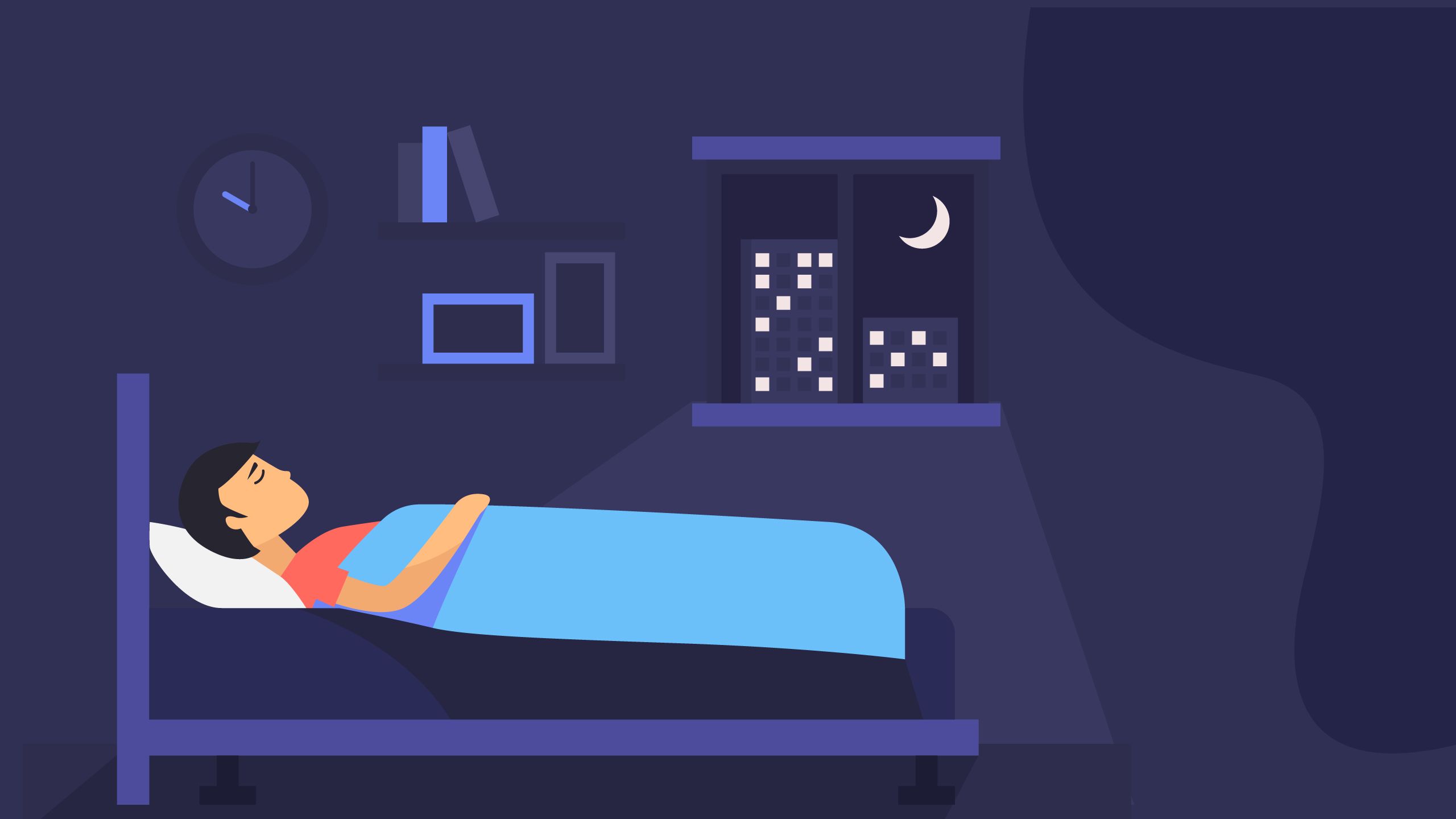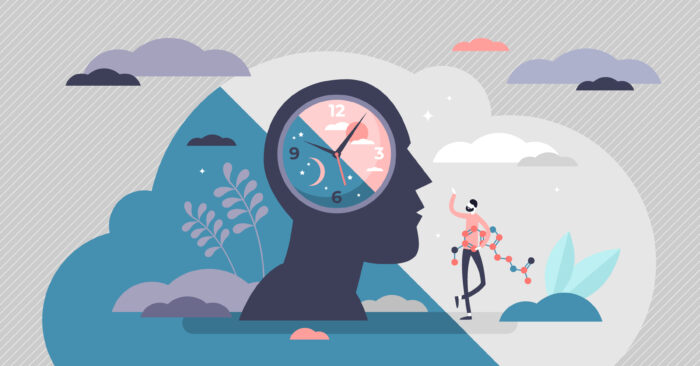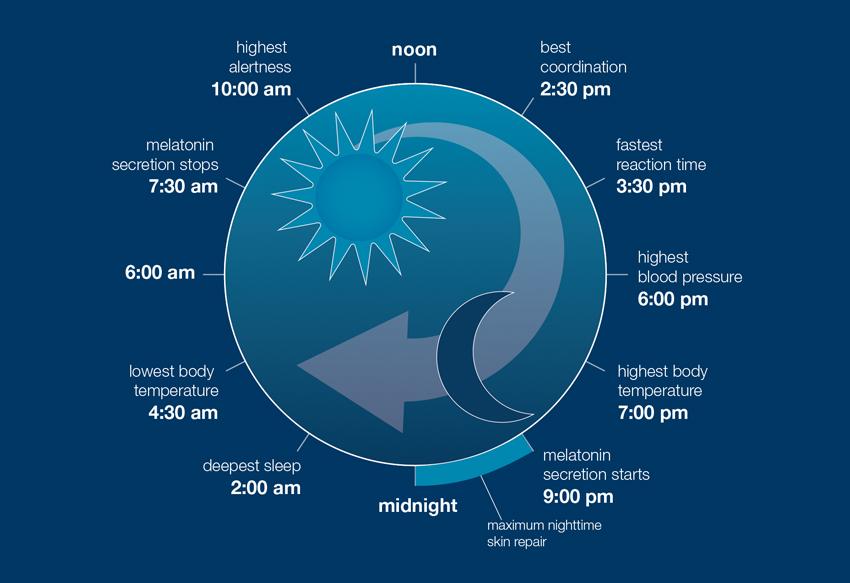The Science of Sleep: Tips for Better Sleep and Improved Health
What is the Science of Sleep?
At its core, the science of sleep is the study of the physiological and psychological processes that occur during sleep. It encompasses everything from the stages of sleep to the impact of sleep on cognitive function, mood, and physical health.
Sleep isn't just a passive state of rest; it's a dynamic process characterized by distinct stages. We cycle through these stages multiple times throughout the night, each serving a specific purpose. From the restorative deep sleep of NREM (non-rapid eye movement) to the vivid dreams of REM (rapid eye movement) sleep, our nightly journey is a complex interplay of brain activity and bodily functions.
Key Aspects of the Science of Sleep
1. Sleep Architecture
Understanding the architecture of sleep is crucial for optimizing our rest. Sleep is divided into several stages, including light sleep, deep sleep, and REM sleep. Each stage plays a vital role in physical restoration, memory consolidation, and emotional processing.
2. Circadian Rhythms
Our bodies are governed by internal clocks known as circadian rhythms, which regulate our sleep-wake cycle. These rhythms are influenced by external cues such as light and temperature, helping us maintain a regular sleep schedule. Disruptions to our circadian rhythms, such as jet lag or shift work, can have profound effects on our sleep quality and overall health.
3. Sleep Hygiene
Sleep hygiene refers to the practices and habits that promote healthy sleep. This includes maintaining a consistent sleep schedule, creating a conducive sleep environment, and adopting relaxation techniques before bedtime. By prioritizing good sleep hygiene, we can improve the quantity and quality of our sleep.
4. The Impact of Sleep on Health
Sleep isn't just a luxury; it's a biological necessity with far-reaching implications for our health. Adequate sleep is linked to a lower risk of chronic conditions such as obesity, diabetes, and heart disease. It also plays a crucial role in immune function, cognitive performance, and emotional well-being. Neglecting sleep can have detrimental effects on both our physical and mental health.
Why is the Science of Sleep Relevant?
In today's fast-paced world, sleep is often sacrificed in favour of productivity or entertainment. However, the consequences of sleep deprivation are profound and can manifest in various ways, from impaired cognitive function to increased stress levels. By understanding the science of sleep and implementing strategies for better sleep, we can safeguard our health and enhance our overall quality of life.
Tips for Better Sleep and Improved Health
Now that we've explored the science of sleep, let's delve into some practical tips for optimizing your sleep:
1. Stick to a Consistent Sleep Schedule
Go to bed and wake up at the same time every day, even on weekends. This helps regulate your body's internal clock and promotes better sleep quality.
2. Create a Relaxing Bedtime Routine
Establish a calming bedtime routine to signal to your body that it's time to wind down. This could include activities such as reading, gentle stretching, or practising mindfulness meditation.
3. Design a Sleep-Conducive Environment
Make your bedroom a haven for sleep by keeping it cool, dark, and quiet. Invest in a comfortable mattress and pillows, and minimize distractions such as electronic devices.
4. Limit Stimulants and Screen Time Before Bed
Avoid consuming caffeine or engaging in stimulating activities, such as watching TV or scrolling through your phone, in the hours leading up to bedtime. These can interfere with your ability to fall asleep.
5. Prioritize Physical Activity
Regular exercise can improve sleep quality and duration, so aim to incorporate physical activity into your daily routine. Just be sure to avoid vigorous exercise too close to bedtime, as it may energize you and make it harder to fall asleep.
Conclusion: Embracing the Science of Sleep
As we've journeyed through the science of sleep, it's clear that prioritizing our rest is essential for our health and well-being. By understanding the intricacies of sleep and adopting healthy sleep habits, we can unlock the full potential of our minds and bodies. So tonight, instead of burning the midnight oil, why not embrace the science of sleep and give yourself the gift of rejuvenating rest? Your body and mind will thank you for it.
Now that you've dipped your toes into the world of sleep science, I encourage you to continue exploring this fascinating topic. Dive deeper into the research, experiment with different sleep strategies, and discover what works best for you. Sweet dreams!






Comments
Post a Comment